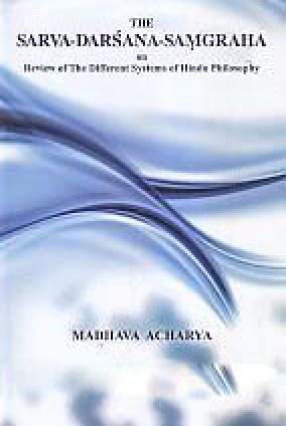
Showing all 18 books
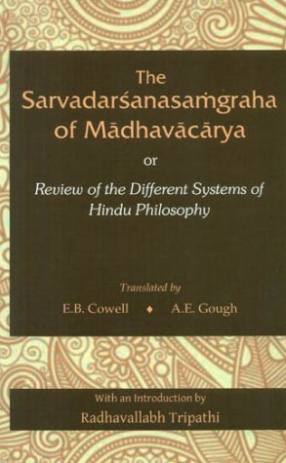
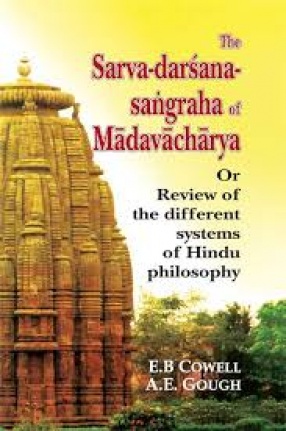
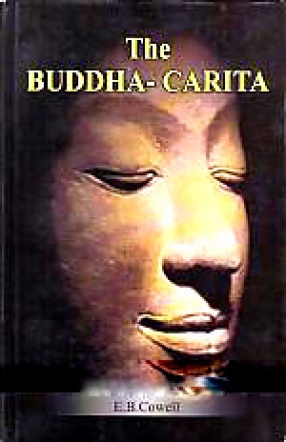
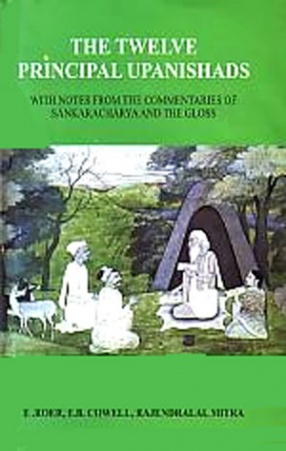






The Sarvadarsanasamgraha of Madhavacarya is an interesting specimen of author herein presents the synopsis of sixteen – Carvaka, Bauddha, Jaina, Ramanuja, Purnaprajna, Pasupata, Saiva, Pratyabhijna, Rasesvara, Vaisesika, Nyaya, Jaiminiya, Paniniya, Samkhya, Patanjala and Advaita – philosophical systems current in the fourteenth- century south India in their most important tenets and maintains the principal arguments by which their followers were ...

In this fourteenth century text 'A Compendium of all the Philosophical Systems' (of India) the author successively passes in review the sixteen philosophical systems current in India at the time, and gives what appeared to him to be their most important tenets, and the principal arguments by which their followers endeavoured to maintain them. In the course of his sketches he frequently explains at some length obscure details in the different systems.
The systems ...
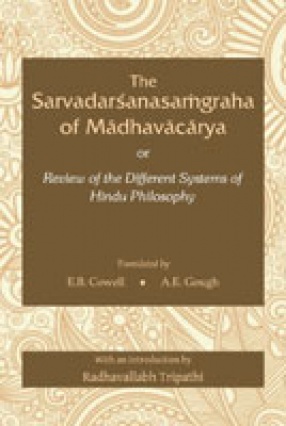
The Sarvadarshanasamgraha of Madhavacharya is an interesting specimen of Hindu critical ability. The author herein presents the synopsis of sixteen — Charvaka, Bauddha, Jaina, Ramanuja, Purnaprajna, Pashupata, Shaiva, Pratyabhijna, Raseshvara, Vaisheshika, Nyaya, Jaiminiya, Paniniya, Samkhya, Patanjala and Advaita — philosophical systems current in the fourteenth-century south India in their most important tenets and maintains the principal arguments ...


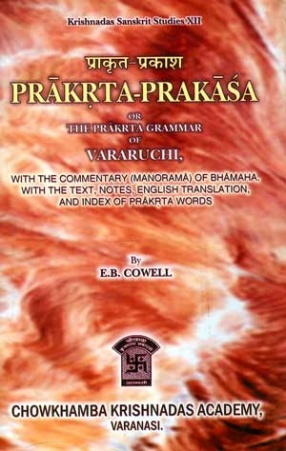
This monograph is the third edition of E. B. Cowell’s translation of a well-known work on Prakrt Grammer of Vararuchi, the oldest known grammarian of the Prakrt dialects, i.e. dialects that are considered inferior to Sanskrit. “In Sanskrit dramas, it is women, except female religious characters, and subordinate male personages, who are made to speak in Prakrt languages, the use of Sanskrt being reserved for the higher characters of the play, and ...
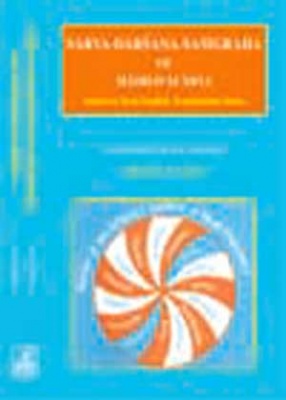
The Sarva-Darshana-Samgraha of great Acharya Madhava (14th century) is a very interesting specimen and an unique composition in the realm of Indian philosophical thought. It contains all that which is required to know as to the fundamental principles of different systems of Hindu philosophical thought. The systems are arranged from the Vedanta point of view with all traditional discussion making use of all the logical instruments. It criticises not only the ...
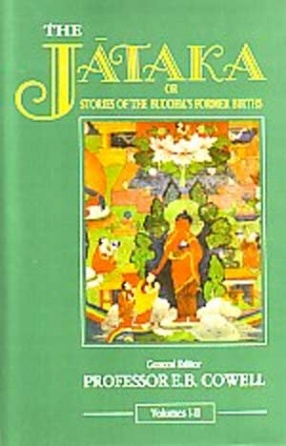
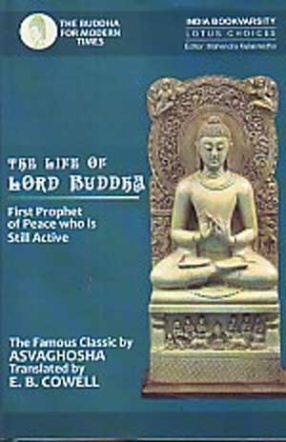
On the life of Gautama Buddha.
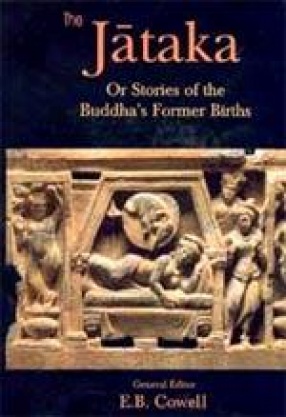
In India recollection of private lives is a common feature in the histories of the saints and heroes of sacred tradition. The doctrine of transmigration, since the later Vedic period, has played such an important part in the history of national character and religious ideas that even Buddhist literature has included the ages of the past as an authentic background to the founder's historical life as Gautama. Jataka stories or birth-legends were widely known in the ...




Being a review of the different systems of Hindu Philosophy, the Sarva-Darsana-Samgraha of Madhava Acharya is so well known that it needs no introduction, Prof. Cowell and Prof. Gough, conjointly translated this valuable work into English which since then had been its only first-rate translation. However, inspite of the importance of the translation and its great demand, it had been long out of print.

In India recollection of previous lives is a common feature in the histories of the saints and heroes of sacred tradition. The doctrine of transmigration, since the later Vedic period, has played such an important part in the history of the national character and religious ideas that even Buddhist literature has included the ages of the past as an authentic background to the founder’s historical life as Gautama. Jataka stories or birth-legends were widely ...
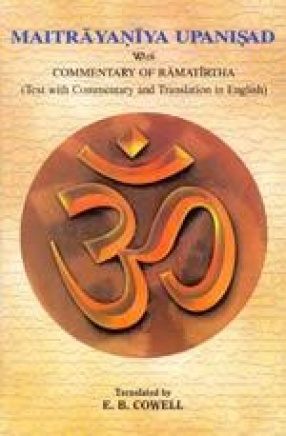
Maitrayaniya Upanisad belongs to the Maitrayaniya Sakha of the Black Yajurveda. It appears to have originally formed a part of a lost Brahmana belonging to that Sakha, just as the Brhadaranyaka comes at the end of the Satapatha Brahmana. The preceding Karma Kanda, according to the commentator, consisted of four parts which described the various ceremonial rites; and the Upanisad was the fitting conclusion by which the initiated devotee is led from ceremonial to ...
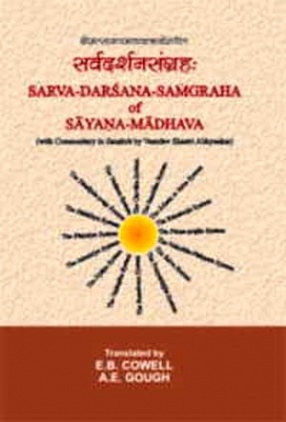
The book entitled 'Sarva-darsana-samgraha' of Sayana-Madhava (with commentary in Sanskrit by Vasudev Sahstri Abhyankar) is devoted to the study of Indian Philosophy. It has sixteen chapters. All the chapters deal with the Indian Philosophy like: The Carvaka System, The Bauddha System, The arhata or Jaina System, The Ramanuja System, the Pratyabhijna or Recognitive System, the Rasesvara or Mercurial System, the Vaisesika or Aulukya system, The Aksapada or ...
